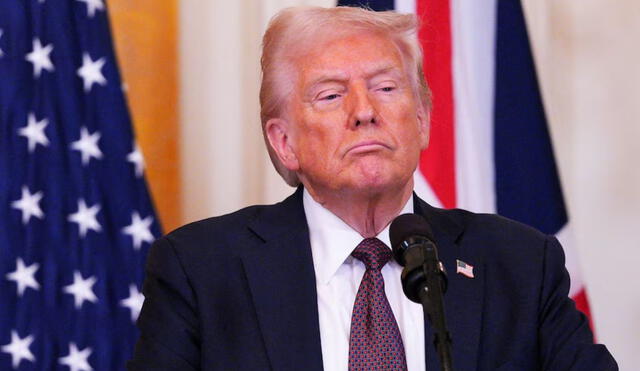Trump’s approval rating turns negative for the first time: What the polls say
While public response to his joint address to Congress was positive, the overall trend in his approval suggests that his initial 'honeymoon' period as president may be coming to an end.

In a significant political shift, President Donald Trump’s approval rating has turned negative for the first time since his 2025 inauguration. According to a recent Gallup poll, more Americans now disapprove of his presidency (51%) than approve (47%), marking a pivotal moment in his second term. This downturn comes amid growing economic concerns, policy controversies, and a deeply polarized political climate.
The drop in approval reflects mounting dissatisfaction among U.S. citizens, including independents and moderates, who have grown increasingly critical of Trump’s leadership style and policy decisions. While his base remains loyal, the public appears to be losing patience with his administration’s handling of pressing issues.
What the polls say
According to Newsweek, the decline in Trump's approval rating was reported on the same day his new tariffs were implemented, and the stock market experienced a downturn. That same day, however, the president delivered a joint address to Congress, which received a largely positive response.
A CNN poll found that 69% of Americans reacted favorably to the speech, while CBS News and YouGov polls reported a 76% approval rating. This suggests that while Trump’s speech was well-received, the overall trend in his approval ratings indicates that his presidential “honeymoon” may be coming to an end.
An NPR/PBS News/Marist Poll further reflected this trend, showing Trump's approval rating had dropped to 45%, with 49% of Americans disapproving of his presidency, according to Newsweek. Meanwhile, Real Clear Politics reported on Wednesday that Trump's approval rating remained slightly positive at 1.2%, the report added.
Key factors behind Trump's polls decline
Several factors have contributed to Trump’s declining approval ratings:
- Economic uncertainty: Despite early gains, rising inflation and stagnant wage growth have left many Americans feeling financially strained.
- Immigration policies: Trump’s hardline stance on immigration has drawn sharp criticism from moderates and progressives.
- Healthcare struggles: Ongoing challenges in the healthcare sector, including rising costs and access issues, have fueled public frustration.
- Foreign policy tensions: Escalating conflicts abroad and strained international relationships have raised concerns about global stability.
- Partisan gridlock: Persistent political polarization has hindered progress on key legislative initiatives, leaving voters disillusioned.












